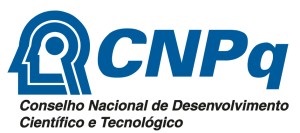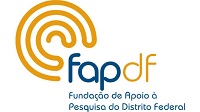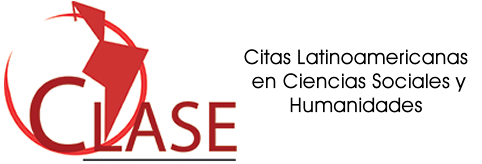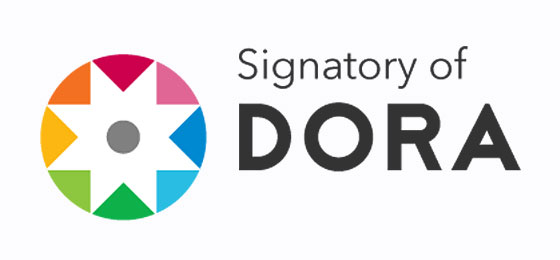The Challenges of globalization and the cosmopolitan imagination:
the implications of the Anthropocene
Keywords:
Global modernity, Epochal change, Human and biological evolution, History of the Earth, AnthropoceneAbstract
The work emphasizes that the concept of Anthropocene refers to a temporal dimension within geological time: the era when human beings brought about a great transformation in the Earth's physical structure. It is a form of historical self-understanding that represents a great transformation in the Earth system's geophysical nature, coeval with the worldwide transformation caused by capitalism and westernization. The Anthropocene is inextricably bound up with sociological questions concerning capitalism, war, power, and inequality on a global scale. The text draws attention to the fact that the notion of Anthropocene does not simply refer to climate change, but is above all an interpretative category, by means of which contemporary societies may reflect on themselves and on life itself, and reinvent their space and time.
Downloads
References
BECK, U. The cosmopolitan outlook. Cambridge: Polity Press, 2006.
BRAUDEL, F. The Mediterranean and the Mediterranean World in the Age of Philip XI. London: Penguin, 1990 [1987].
BROOKE, J. Climate change and the course of global history. Cambridge: Cambridge University Press, 2014.
CHAKRABARTY, D. The climate of history: four theses. Critical Inquiry, v. 35, p. 197-222, 2009.
CHERNILO, D. Debating humanity: towards a philosophical sociology. Cambridge (UK): Cambridge University Press, 2017.
CLARK, N.; GUNARATNAM, Y. Earthing the anthropos? From “socialising the Anthropocene to geologizing the social”. European Journal of Social Theory, v. 20, n. 1, p. 146-163, 2017.
COSTANZA, R.; GRAUMLICH, L.; STEFFEN, W. (Eds.). Sustainability or collapse? An integrated history and future of people on Earth. Cambridge (MA): MIT Press, 2011 [2007].
DAVIS, M. Late Victorian Holocausts: El nino famines and the making of the Third World. London: Verso, 2001.
DIAMOND, J. Collapse: how societies chose to fall or survive. London: Penguin, 2011 [2005].
---- . Guns, germs and steel: a short history of everybody for the last 13,000 years. New York: Vintage, 1998.
LOVEJOY, A. Gaia: A new look at life on Earth. Oxford: Oxford University Press, 2000 [1979].
LUKE, T. Reconstructing social theory and the Anthropocene. European Journal of Social Theory, v. 20, n.1, p. 80-94, 2017.
MCNEILL, J. R.; ENGELKE, P. The great acceleration: an environmental history of the Anthropocene. Cambridge (MA): Harvard University Press, 2014.
MILLS, C. W. The sociological imagination. London: Penguin, 1970 [1959].
MITHEN, S. The prehistory of the mind. London: Phoenix, 1998.
MOTA, A. Uncivilized civilizations. Social Imaginaries, v. 2, n. 4, 2016.
STEFFEN, W. et alii. The Anthropocene: from global change to planetary stewardship. Ambio, v. 40, p. 739-761, 2011.
PINKER, S. The better angels of our nature: a history of violence and humanity. London: Penguin, 2011.
RUSSELL, E. Evolutionary history: uniting history and biology to understand life on Earth. Cambridge (MA): Cambridge University Press, 2011.
SHRYOCK, A.; SMAIL, D. L. (Eds.). Deep history: the architecture of past and present. Berkeley (CA): University of California Press, 2011.
SMAIL, D. L. On deep history and the brain. Berkley (CA): University of California Press, 2008.
STEFFEN, W.; GRINEVALD, J.; CRUTZEN, P.; MCNEIL, J. The Anthropocene: conceptual and historical perspectives. Philosophical Transactions of the Royal Society, v. 369, p. 842-67, 2011.
STEFFEN, W. et alii. The trajectory of the Anthropocene: the great acceleration. The Anthropocene Review, v. 2, n. 1, p. 81-98, 2015.
STRYDOM, P. The sociocultural self-creation of a natural category: social-theoretical reflections on human agency under the temporal conditions of the Anthropocene.European Journal of Social Theory, v. 20, n. 1, p. 61-79, 2017.
THOMAS, J. A. History and biology in the Anthropocene: problems of scale, problems of value. American Historical Review, v. 119, n. 5, p. 1587-1607, 2014.
TURNER, B. S. Ritual, belief and habituation: religion and religions form the axial age to the Anthropocene. European Journal of Social Theory, v. 20, n. 1, p. 132-145, 2017.
ZALASIEWICZ, J.; WILLIAMS, M.; HAYWOOD, A.; ELLIS, M. The Anthropocene: a new epoch of geological time? Philosophical Transactions of the Royal Society, v. 369, p. 835-841, 2011.

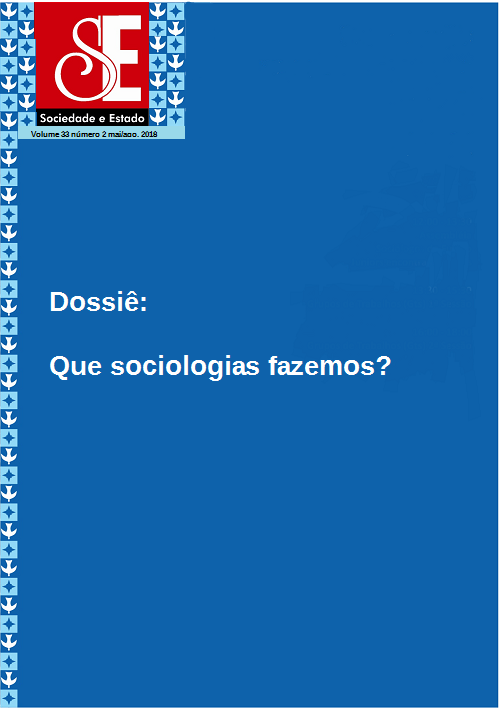


.jpg)

